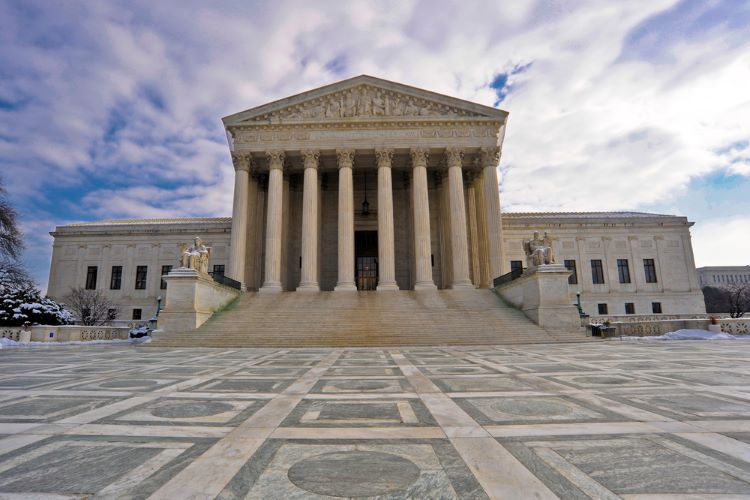What You Need to Know about Elder Law
Experts tell us that by the year 2050, the older population (age 65 and older) will outnumber their younger counterparts (age 21 and younger) for the first time in history. The growing senior population has caused a corresponding increase in legal issues that impact the elderly. While older adults face many of the same legal issues as younger adults do, they also have some unique legal issues. An Indianapolis elder law attorney at Frank & Kraft answers five common elder law questions.
- What is an elder law attorney? An elder law attorney focuses on legal issues that impact the elderly and those who care for them. The National Academy of Elder Law Attorneys, or NAELA, was formed in the late 1980s to better serve this growing segment of the population. Five years after the creation of NAELA, the National Elder Law Foundation was formed. The purpose of the non-profit NELF was to help improve the professional skills of attorneys who choose to focus on elder law. Toward that end, NELF then developed a national certification program for attorneys known as the Certified Elder Law Attorney, or CELA, certification program. Attorneys who wish to gain certification in elder law may do so through a rigorous and selective certification program recognized by the American Bar Association and administered by NELF.
- What is the difference between Medicaid and Medicare? Although Medicaid and Medicare are often referred to interchangeably, the programs are not related. Both Medicaid and Medicare provide healthcare coverage and are funded by the federal government; however, the similarities top there. Medicare is what is referred to as an “entitlement” program because if you have paid into the program during your working years, you are automatically entitled to benefits when you retire. Medicaid, on the other hand, is a “needs-based” program, meaning you must demonstrate a financial need for benefits to be eligible to participate. Medicare comes in four parts with basic Medicare offered at no charge. If you wish to participate in the other three parts of Medicare, you will pay a monthly premium. There are no monthly premiums for Medicaid.
- Why Is Medicaid planning important? Most basic health insurance plans will not cover the costs associated with long-term care nor will Medicare. Unless you have the resources to cover the high cost of nursing home care out of pocket and indefinitely, you will likely find yourself turning to Medicaid for help. To be eligible, however, you must contend with very low “countable resources” limits that could put your retirement nest egg at risk. An elder law attorney can help you incorporate Medicaid planning into your overall estate plan to ensure your eligibility if you need to qualify for Medicaid.
- How do I pick the right nursing home? While nursing home abuse and neglect do occur, the good news is that many nursing homes that provide skilled and compassionate care. You may wish to begin your search by asking friends, family members, and co-workers for a referral. Once you have a list of possible facilities or providers, you can check the status of a facility’s license through the Indiana Department of Health. You can also use the Medicare Compare tool online, which is the official U.S. government site for Medicare, to search for and evaluate nursing homes.
- What can I do if I believe a loved one is the victim of elder abuse? This is a serious, and understandable, concern for anyone who has an elderly loved one. Elder abuse is now a unique criminal offense in most states so reporting your suspicions to law enforcement is one option. In addition, elder abuse can also form the basis of a civil lawsuit. Consulting with an elder law attorney is also a good idea if you suspect any type of elder abuse.
Contact an Indianapolis Elder Law Attorney
For more information, please join us for an upcoming FREE seminar. If you have additional questions or concerns about elder law, contact an experienced Indianapolis elder law attorney at Frank & Kraft by calling (317) 684-1100 to schedule an appointment.
Paul Kraft is Co-Founder and the senior Principal of Frank & Kraft, one of the leading law firms in Indiana in the area of estate planning as well as business and tax planning.
Mr. Kraft assists clients primarily in the areas of estate planning and administration, Medicaid planning, federal and state taxation, real estate and corporate law, bringing the added perspective of an accounting background to his work.
Latest posts by Paul A. Kraft, Estate Planning Attorney (see all)






